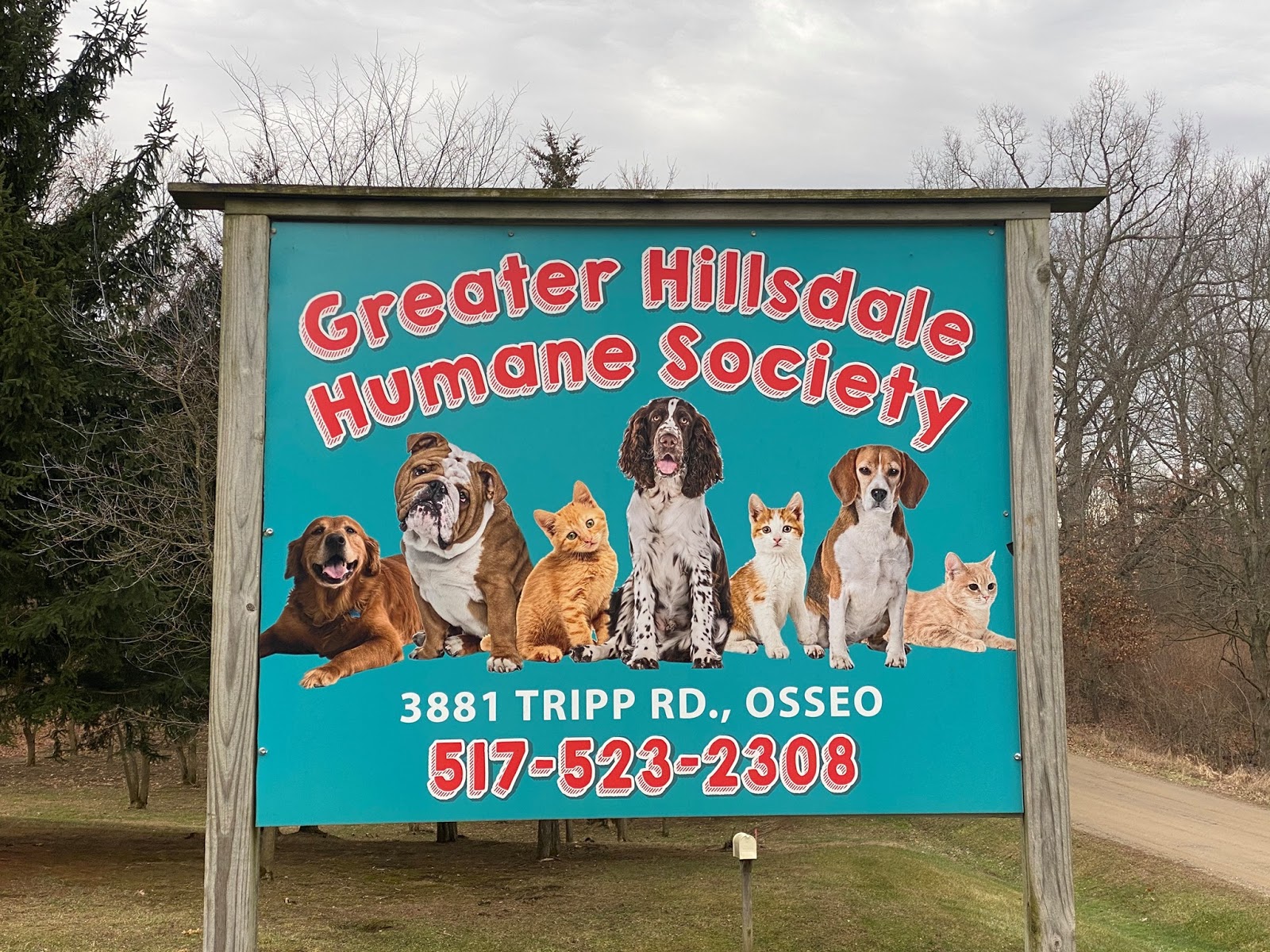
Courtesy | Facebook
Hillsdale’s stray animal problem can be boiled down to one main problem: funding. According to local animal shelter workers, the problem with strays has increased exponentially in the past few years due to the economy.
“At least for dogs, the economy tanks, and the next thing you know, people can’t feed their pets,” Director of the Greater Hillsdale Humane Society Joni Baker said.
Baker has been director of the GHHS since April and has been on its board since 2018. She said the shelter is currently at capacity for cats, housing 60 of them. Although it is against Michigan law, people leave their pets on GHHS property after hours. Even though they might be doing the right thing by surrendering an animal they cannot care for, they are skirting the surrender fee of $50, which helps take care of the pets’ general care like vaccinations and spaying or neutering.
“It is really expensive to spay and neuter a cat,” junior Emma Widmer said. “For a healthy cat to be generally taken care of and ready for adoption, it takes around $200. Even if you have the animals and the money, there aren’t a lot of people who are able to do the surgeries.”
Widmer is the GOAL Program’s Humane Society leader. She works with Greater Hillsdale Humane Society, Branch County Animal Control, and Hillsdale Felines & Friends.
Kátia Sherman runs the nonprofit Hillsdale Felines & Friends. Sherman owns a small facility on Summit Street where she helps the community by taking in stray and feral cats.
“Without money, we can’t go anywhere,” Sherman said. “I think that is what our county needs to realize. It’s been a problem that has been neglected for so long. We’re happy to be the instrument of this improvement, but we need help.”
According to Widmer, the root of the problem lies not only in a lack of funding, but also outdated veterinary resources. GHHS and Felines and Friends struggle to find funding and support their shelters, often attempting to help in alternative ways.
“We’re trying to do something to assist in other ways trap-neuter-release programs, educating the community on the importance of neutering and spaying,” Widmer said. “A lot of people don’t know about the importance, and if they do, they might not be able to afford it.”
Sherman’s plea for funding is echoed by neighboring shelters in the area like GHHS.
“I wish that more people knew that we are not animal control,” Baker said. “We subsist off of things like surrender fees and adoption fees, and if we don’t get those, we can’t keep our lights on. We can’t help anyone.”
![]()
